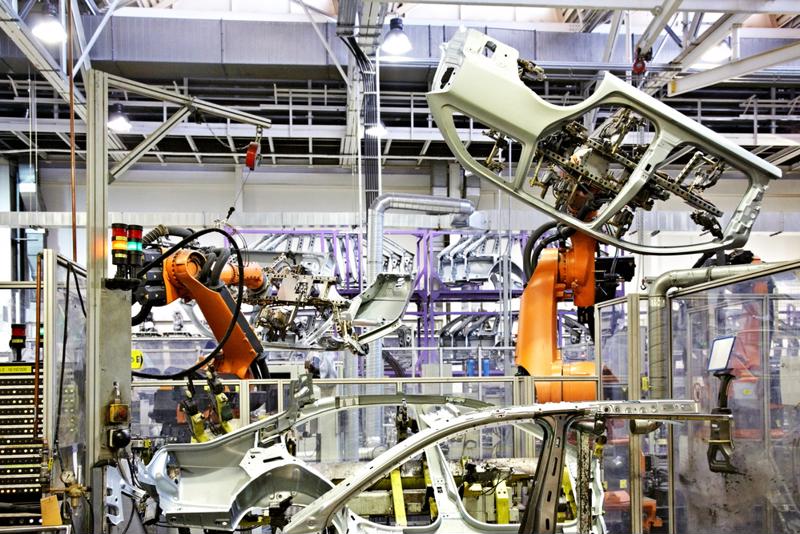3 common ERP implementation errors to avoid
Implementing manufacturing ERP software is a complicated process with myriad pitfalls. Unfortunately, many manufacturers fall victim to these hazards, adopting inadequate solutions that fail to meet project goals.
ERP failure rates have steadily risen over the last five years, according to research from Panorama Consulting Solutions. In 2014, more than 20 percent of implementers deemed their adoption attempts failures. Even those that manage to rollout new software saw fewer benefits than they had anticipated.
In most cases, serious missteps normally precipitate such situations. As you set out on your ERP journey, be sure to familiarize yourself with some of these common errors and try to avoid them at all costs.
Ineffective planning
Organizations often set the groundwork for failure with poor planning, TechTarget reported. ERP software experts uniformly agree that potential adopters must first carefully evaluate their operational needs and assess essential technology infrastructure via exhaustive internal audits. Yet, many skip this step completely, choosing to forge ahead with little idea of what they actually need, CIO reported.
"This often leads to confusion down the road because they might not fully understand their current processes and how to evolve them to maximize business benefits and efficiencies," Erik Kaas, vice president of product management for mid-market ERP products at a leading software vendor, told the magazine.
You can easily avoid this situation by properly evaluating your processes and pinpointing trouble spots that might improve with a little ERP automation. Using this information, you can create a required features list and research solutions with a firm grasp on your specific software needs.

Poor change management
In 2014, technology consulting company Deloitte asked over 1,200 chief information officers from companies across the globe to identify key ERP implementation roadblocks. More than 80 percent cited internal resistance to change as the biggest barrier. This response came as no surprise to seasoned information technology professionals.
Employees often resist such shifts, as most don't particularly enjoy learning new systems and reshaping their usual workflows. Unfortunately, many organizations fail to address this issue and simply drop new systems into the laps of their workers, expecting them to innately understand their benefits and happily accept the change. In most cases, employees begrudgingly adopt the new software but fail to unlock its full potential. And, sometimes, widespread resistance forces companies to completely abandon newly implemented ERP platforms.
Again, this easy to avoid. After sketching out an implementation strategy, share it with your employees and gather their input. By engaging them in the process, you can build support early and possibly develop some internal product champions. Additionally, be sure to explicitly outline the overarching business goals the system will address. Employees need to understand how the ERP will tangibly improve operations and the company, as a whole.
Of course, spend considerable time developing a customized training plan for end-users. You can't expect your employees to pick the new system without assistance.
Inaccurate cost and resource estimation
More than half of implementers go over budget, according to Panorama Consulting Solutions. Most often, this occurs because they underestimate the costs in the first place. The average ERP implementation costs $6.1 million and takes almost 16 months to complete.
"Formulate a realistic budget that includes sections for post-rollout support and maintenance."
So, formulate a realistic budget that includes sections for post-rollout support and maintenance, expenses that many organizations fail to consider. Additionally, once you've developed a project scope and started the implementation process in earnest, avoid altering project goals or tacking on new objectives. This will increase costs and most likely put you over budget.
With these common pitfalls in mind, carefully plan the implementation process for your new manufacturing ERP software and stay vigilant as things move forward. Though the odds are stacked against you, adopting an impactful, bottom-line altering manufacturing software solution is possible.



